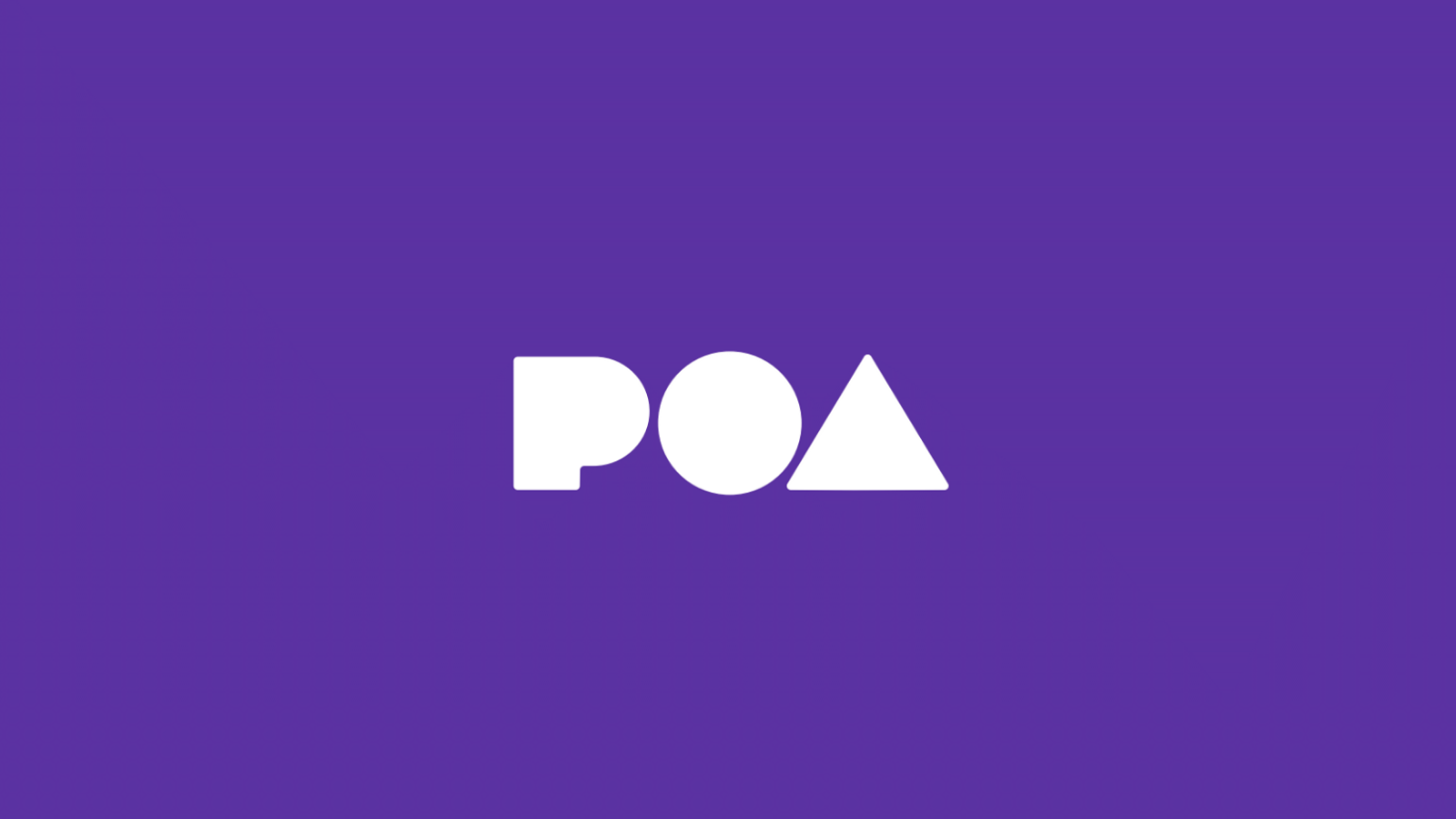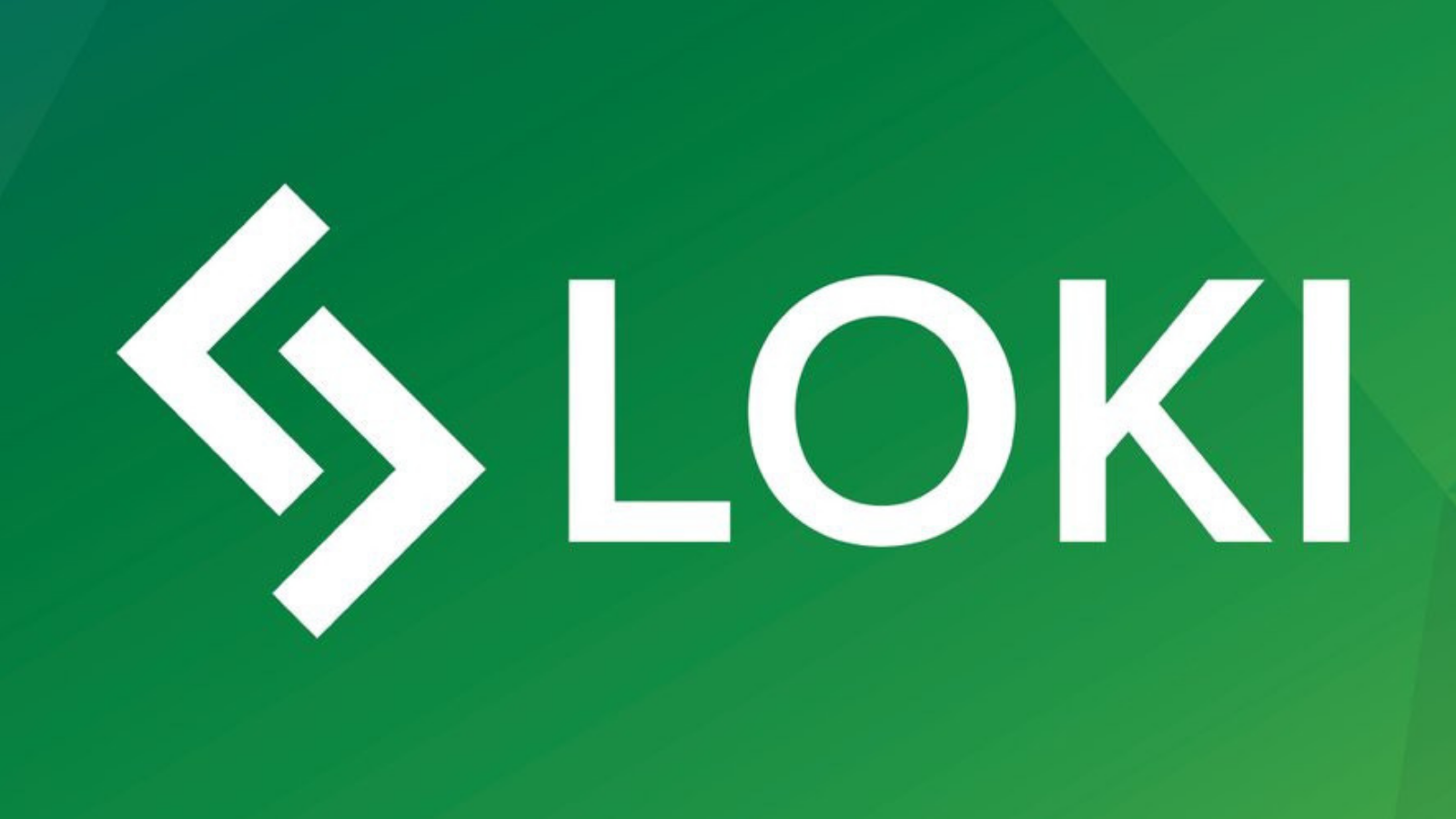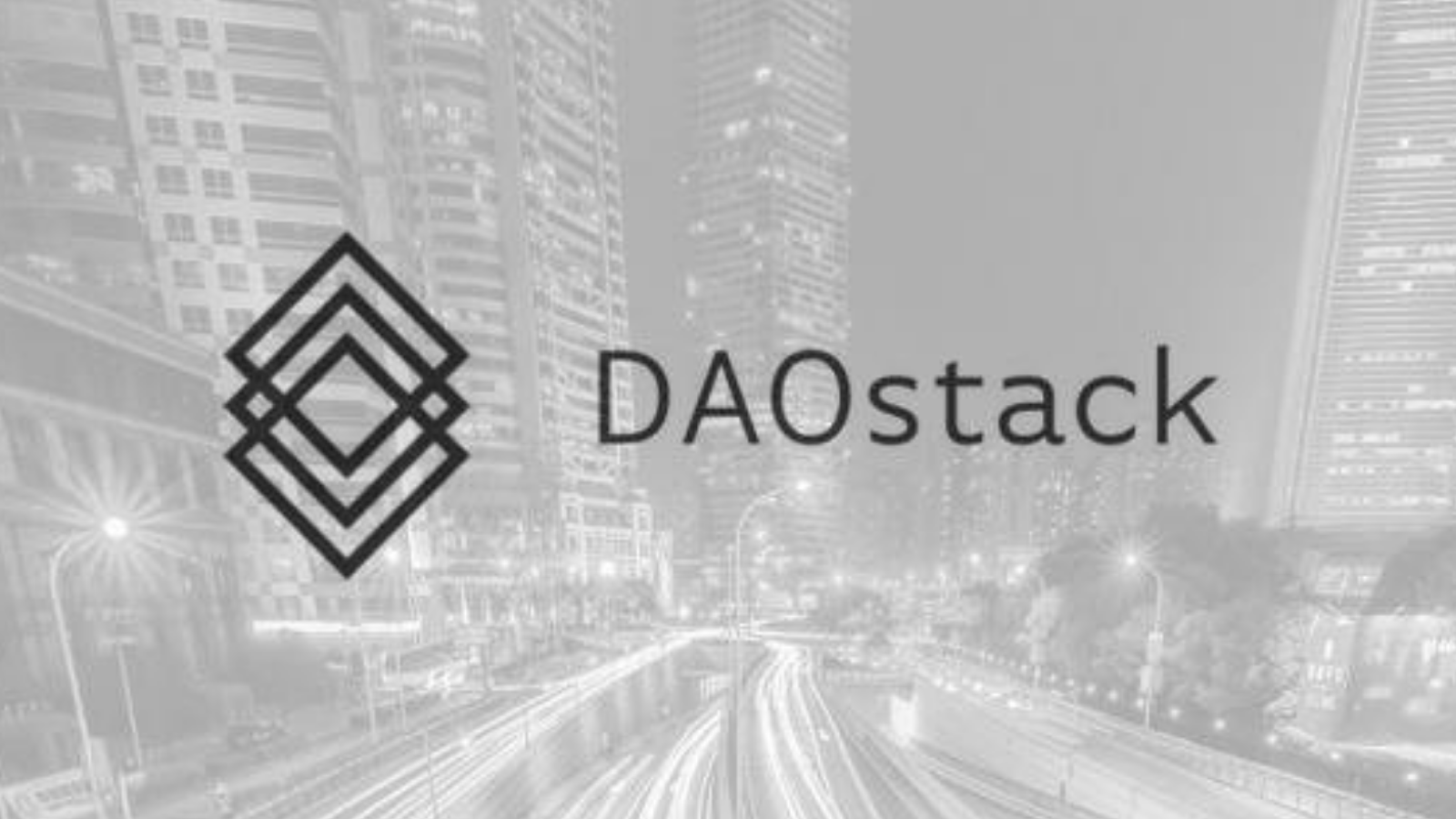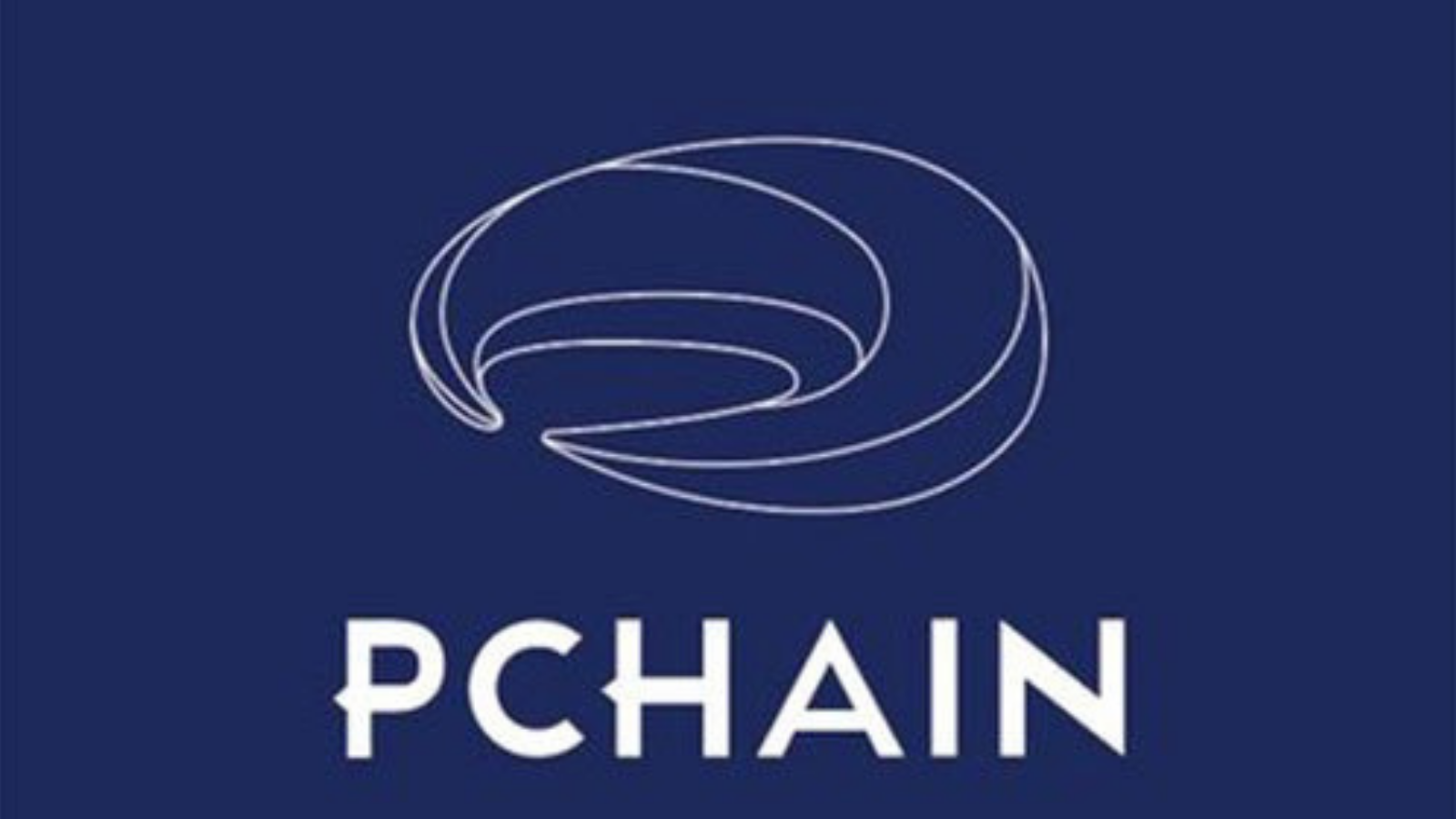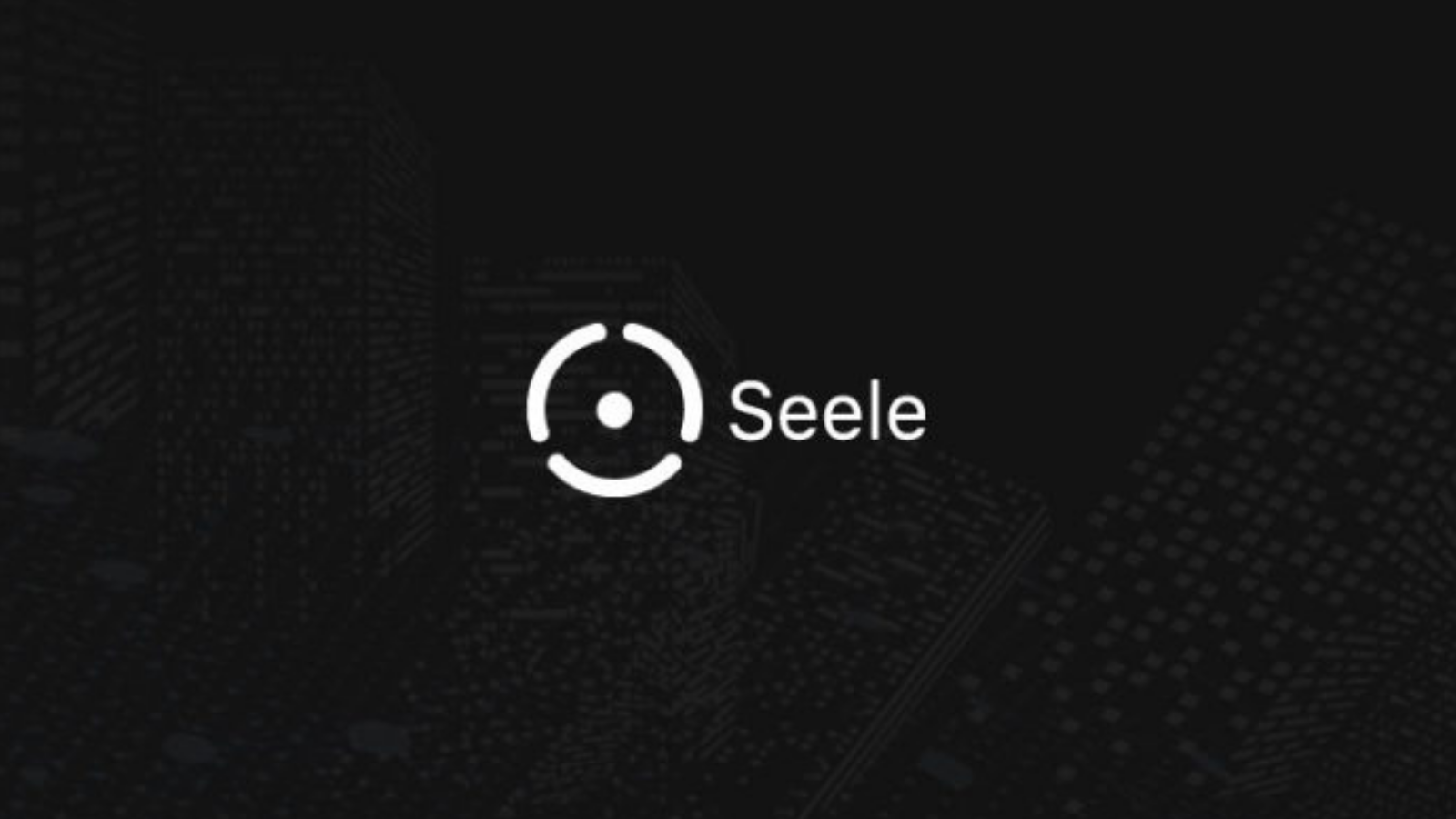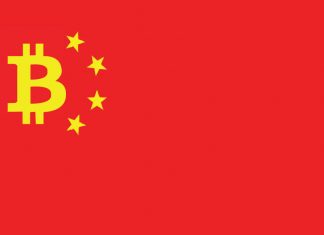By Shashwat Gupta
Last few months have been good for me as a long term investor to buy into many blockchain projects that I missed the chance during their ICOs and some ICOs I passed on but wished to pick later. Over the last couple of weeks I have been placing orders on the projects mentioned here and many should be completed over the next few. Most of this list consists of low-market cap coins that are not existing on top volume exchanges so taking a chance on them is a gamble nonetheless but as a researcher and crypto enthusiast I am excited to see the future of these projects. I am not a financial advisor, trader, fund manager or an accredited investor, and these are just my personal opinions from a list of limited numbers of projects I looked at. With that being said, here is the first part of my top cryptocurrencies with a low market cap to check out and with their upcoming updates.
POA Network ($12.3M Market Cap)
POA Network is an Ethereum-based platform. They offer an open-sourced framework for smart contracts. POA Network utilizes Proof of Authority (POA) as its consensus mechanism which is different from Ethereum’s Proof of Stake (POS). Other than their different consensus mechanisms, POA Network and Ethereum are very similar, however, POA Network will be easier to use and also cheaper. That is because of their consensus mechanism, POA. Nodes to solve mathematical problems aren’t needed, instead, these ‘authorities’ are nodes which can create new blocks and secure the structure of the whole blockchain. There will then be validators (people), whom will be validating the newly created blocks to secure the network. Validators will also be able to add or to remove other validators using Governance DApp.
In the second half of 2018, POA Networks becomes a platform with multiple POA networks connected by interledger protocols.
Loki ($4.5M Market Cap)
Loki is built from Monero and uses many of Monero’s key features like ring signatures, ring confidential transactions, and stealth addresses. However, Loki will add many additional features. They will launch a network with completely anonymous transactions. Additionally, Loki is planning on providing a platform for cryptographic applications to operate on their network; Service Node Applications (SNApps). SNApps will run on incentivized and fully-decentralized nodes. This means, there’s no single point of failure if someone would try to take down or censor the system.
Loki released their mainnet in April 2018. They are currently working on their service nodes and they are expected to be up in November. Early next year, they are expecting to launch Loki Messenger and SNApp Open Source SDK.
DAOstack ($3M Market Cap)
DAOstack is creating an operating system for collective intelligence and a form of human association: Decentralized Autonomous Organizations (DAOs). As described in their whitepaper, “DAOs are open, self-organized networks coordinated by crypto-economic incentives and self-executing code, cooperating around shared goals”, basically decentralized entities that operate through smart contracts which enables faultless execution of crowd decisions. Additionally, DAO technologies are scalable and can keep up with the growing demands of the digital community indefinitely. DAOstack is a platform for decentralized governance. It provides the economic framework and governance needed for collectives to easily and efficiently self-organize around shared goals and values. With DAOstack, open-source creators can create decentralized applications (DApps) jointly, and at the same time distribute individual ownership.
DAOstack is often called the WordPress for DAOs.
They recently deployed Alchemy and Arc to the mainnet, and there are many pilots to be launched soon; Genesis DAO public pilot, Gnosis DAO and 5 other pilots.
PCHAIN ($12.7M Market Cap)
PCHAIN is aiming to be the first, native multi-chain system that supports Ethereum Virtual Machine (EVM). Instead of only using one blockchain to handle all transactions and smart contracts, they will make a side chain for each DApp without overloading the main chain because each side chain will be operating on its own. This will allow Pchain to scale at a level other blockchains can’t keep up with. Additionally, they will generate smart data by applying AI and Big Data into its blockchain. The speed of Pchain will be improved by using sharding. This is a very ambitious project.
Today, September 13th, they launched their testnet 1.0. In October 2018, they are expecting to complete the development of the PCHAIN core system which supports account system and deployment of smart contract as well as their technical white paper.
Seele ($17.9M Market Cap)
Seele aims to revolutionize the blockchain industry by utilizing their Neural Consensus Algorithm. The Neural Consensus Algorithm transforms the consensus problem into the processing of large-scale concurrent requests, whereas multiple nodes participate collaboratively and concurrently. High participation by the nodes will result in the consensus convergence being reached faster. Seele will try to overcome the limitations of existing blockchain and they position themselves as blockchain 4.0 while Bitcoin is blockchain 1.0, Ethereum is blockchain 2.0, and EOS/ADA/IOTA etc… is blockchain 3.0.
Seele launched their tesnet in June 2018 and they are expecting to release the public mainnet in Q4 2018.


























